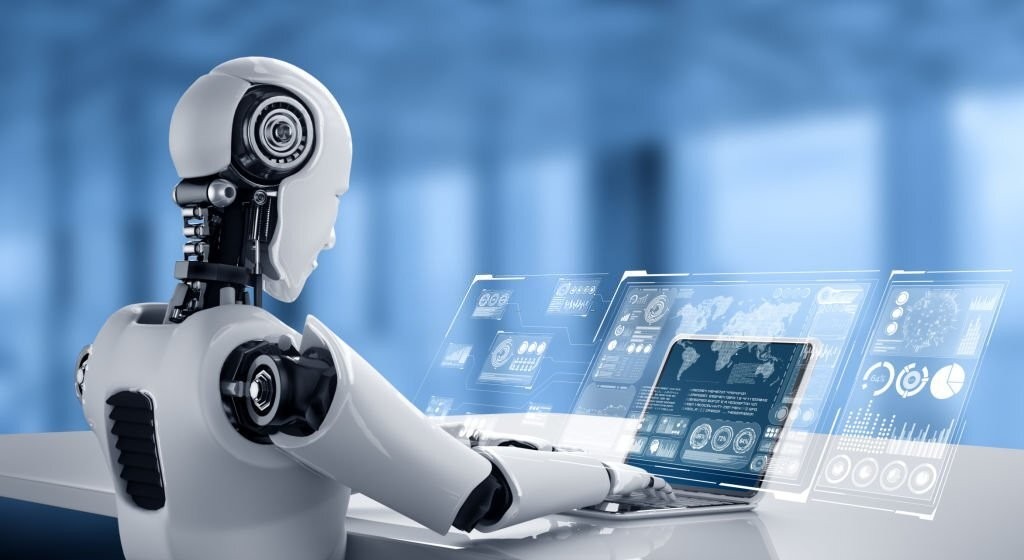As technology continues its rapid evolution, robotics stands out as one of the most transformative fields with a profound impact on society. Over the past decade, advances in robotics have touched various aspects of our lives, from manufacturing and healthcare to transportation and entertainment. In this article, we will delve into the recent breakthroughs in robotics and explore their far-reaching implications on our society.
The Rise of Collaborative Robots
Collaborative robots, often referred to as cobots, have emerged as a game-changer in industrial settings. Unlike their traditional counterparts, cobots are designed to work alongside humans, enhancing efficiency and safety. These robots are equipped with advanced sensors and machine learning capabilities, enabling them to adapt to dynamic environments.
Cobots have found applications in various industries, such as automotive manufacturing, where they assist human workers with tasks that require precision and repeatability. This collaborative approach not only increases productivity but also minimizes the risk of workplace injuries.
Robotics in Healthcare
Robotics has made significant inroads in the healthcare sector, promising improved patient care and enhanced medical procedures. Surgical robots, like the da Vinci Surgical System, enable surgeons to perform complex surgeries with unparalleled precision. These robots provide a level of dexterity and control that surpasses human capabilities.
Moreover, telemedicine robots equipped with cameras and sensors allow doctors to remotely examine patients and provide medical advice. This technology has proven invaluable, especially in situations where immediate access to medical professionals is limited.
Autonomous Vehicles: A Revolution in Transportation
Autonomous vehicles, including self-driving cars and drones, are changing the landscape of transportation. These vehicles rely on robotics and artificial intelligence (AI) to navigate and make decisions. The potential benefits include reduced traffic accidents, improved traffic flow, and more efficient transportation networks.
Companies like Tesla, Waymo, and Amazon are investing heavily in autonomous vehicle technology, with the goal of making transportation safer and more convenient. However, the widespread adoption of autonomous vehicles also raises questions about job displacement and regulatory challenges.
Robotics and the Future of Work
While robotics brings automation and efficiency to various industries, it also raises concerns about the displacement of human workers. As robots become more capable and cost-effective, certain jobs may become obsolete. However, this shift in the workforce could also create new opportunities for humans to focus on more creative and complex tasks.
Education and training will play a crucial role in preparing the workforce for the changing job landscape. As automation takes over routine tasks, workers will need to acquire skills that are complementary to robotic capabilities, such as problem-solving, creativity, and emotional intelligence.
Robotics and Ethical Considerations
As robots become more integrated into society, ethical questions arise. For instance, in healthcare, should robots be responsible for life-and-death decisions, or should human oversight always be mandatory? In autonomous vehicles, how should they prioritize the safety of passengers versus pedestrians in emergency situations?
Addressing these ethical dilemmas requires thoughtful consideration and the development of robust regulations and guidelines to ensure that robotics technology benefits society without compromising human values and safety.
The Entertainment Industry: Robotics and Beyond
Robotics has also made its mark in the entertainment industry, bringing lifelike characters to the screen and stage. Animatronics and humanoid robots have been used to create unforgettable cinematic and theatrical experiences. Additionally, robotic drones have revolutionized aerial photography and cinematography, capturing breathtaking scenes from unique perspectives.
Conclusion
The recent advances in robotics are reshaping the way we live, work, and interact with the world around us. From collaborative robots improving manufacturing processes to surgical robots enhancing medical procedures, the impact of robotics on society is undeniable. However, with these advancements come important considerations about ethics, workforce dynamics, and safety.
The future of robotics promises continued innovation and integration into various aspects of our lives. As society navigates these changes, it is essential to strike a balance between reaping the benefits of robotics and addressing the challenges it presents. By doing so, we can harness the full potential of robotics to enhance the quality of life and drive progress in numerous fields.
